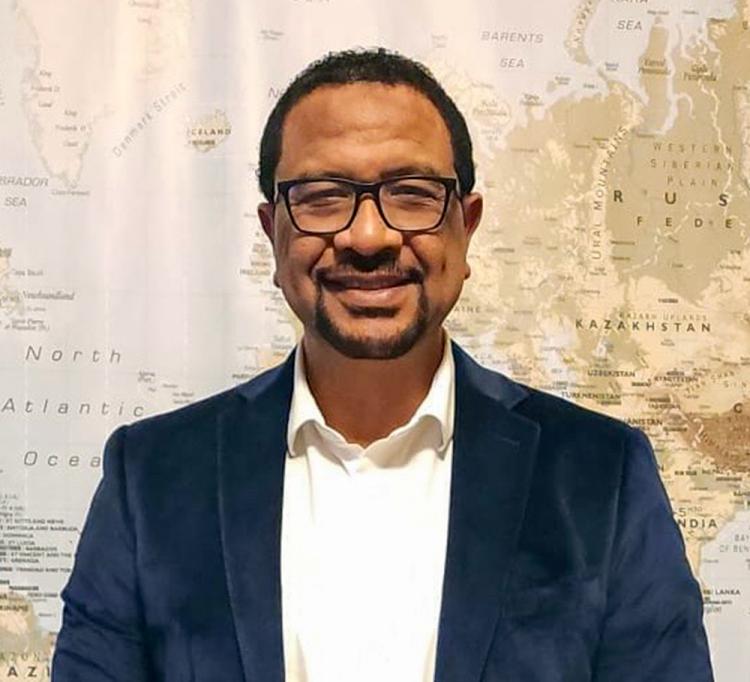University of Alberta students, researchers and community members helped shape a cross-Canada initiative that has improved the way youth mental health services are delivered across the country, allowing more patients to be seen, assessed and started on treatment right away.
The ACCESS Open Minds project began in 2016 with efforts to make mental health services more accessible to young people, getting input from groups such as the City of Edmonton Youth Council on everything from clinic locations to ambience and services offered. Changes were based on five principles: early identification, rapid access, appropriate care, no age-based transitions from 11 to 25 years, and youth and family engagement.
In recently published research in JAMA Psychiatry, the study team followed 4,519 young people between the ages of 11 and 25 who received services at 11 sites including three in Edmonton between March 2016 to December 2020.
They reported a 10 per cent increase in the number of referrals within the first six months of operation, and that trend continued throughout the study period. The rate of patients who were assessed within 72 hours increased from 48 per cent within the first year to 64 per cent in the third year. And by the end of the study period, nearly 79 per cent of patients with mild to moderate disease had started their treatment plan within a month of first being seen.
"We now have empirical evidence showing that we can improve access to services for young adults," says psychiatrist and associate clinical professor Adam Abba-Aji, who is facility medical director for Alberta Hospital Edmonton.

(Photo: Supplied)
"If you provide a youth-friendly, reduced-stigma service, you can improve help-seeking behaviour, access and timeliness of evaluation. We now have a template that people can readily use to improve mental health services anywhere in our country."
According to Mental Health Research Canada, 1.25 million youth in Canada need mental health support every year, yet more than half of them aren't receiving it. Mental health issues are the second leading cause of death among young people, and 68 per cent of mental health problems begin at an early age, Abba-Aji notes.
The ACCESS Open Minds services were offered in urban, rural and remote communities, including six Indigenous communities, in French and English, and to vulnerable groups such as immigrants, refugees, homeless youth and first-year university students.
Instead of needing a referral from a family doctor or other medical professional, young people learned about the clinics from friends, teachers or family members and could drop in without an appointment. And rather than having to wait to see a psychiatrist, patients were assessed by "access clinicians" such as social workers, occupational therapists or other professionals who had received special training.
Patients then began their treatment plan, which might include sessions with a psychiatrist and prescription medications but could also be just a single session of therapy, case management to connect with multiple services, peer support activities, family support, art therapy and more.
One finding that will require more research, says Abba-Aji, is that young people with moderate to severe mental health issues did not see the same improvements in timeliness of access and treatment as those with mild to moderate illness.
The research team also plans to evaluate the appropriateness of services delivered and track outcomes for people with different diagnoses, and look at how cost-effective the services are.
Many of the new approaches have now been integrated as standard practice for the youth community health services delivered by Recovery Alberta, says Abba-Aji.
The project was led by researchers at McGill University and also included U of A contributors Kevin Friese, assistant dean of health and wellness, and Helen Vallianatos, professor of anthropology and associate dean of education in the College of Social Sciences and Humanities.













